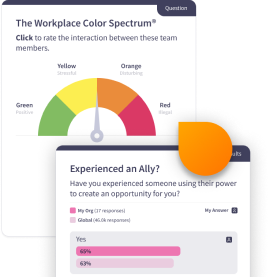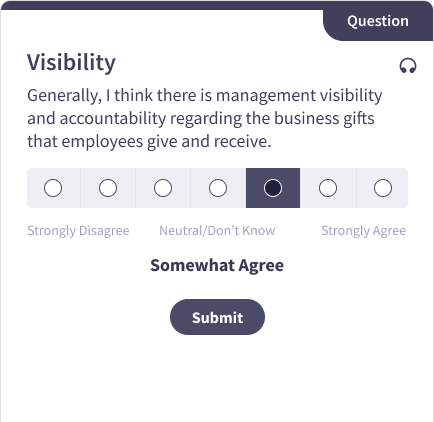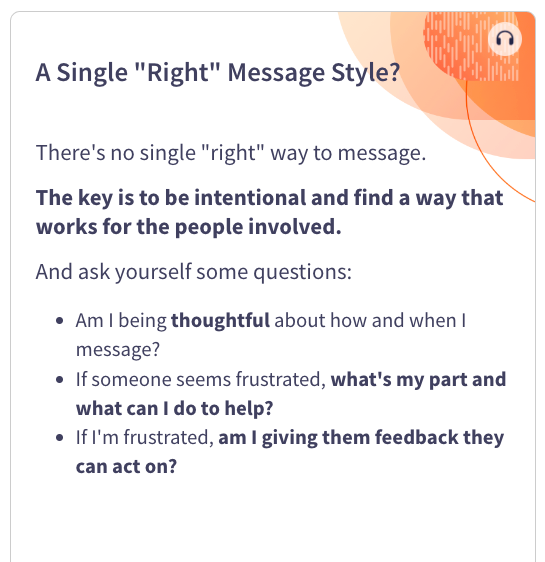
Building Respect for Muslim Colleagues
Since the events in Israel on October 7th, 2023, there has been a 200% increase in reported Islamophobia; acts of hate speech and horrific violence. The conflict in the Middle East has caused people to conflate Muslims and Arabs with violence and terror, bringing back very painful memories of persecution towards Muslims and Arabs after 9/11. Be an upstander and ally for your co-workers and stop any bias or hate messages directed at anyone. Ensure the norms of behavior on your team do not allow for any hate speech.
Microlesson Description
Employers need to make an effort to provide an overview of the Muslim and Arab experience and history and show how, after 9/11, the media over-reported instances of terrorism by Muslims and Arabs, influencing Western societies to conflate Muslims and Arabs with acts of violence and terror. This lesson is designed to enable people to stop Islamophobia when it occurs and to be an ally to their Muslim and Arab co-workers.
Key Concepts- After 9/11, Arabs and Muslims were victims of discrimination, bigotry, and violence and were often dehumanized as "terrorists"
- Your Arab and Muslim co-workers are feeling traumatized by the deaths of innocent Palestinians and vulnerable due to a 200% increase in Islamophobia in 2023
- Be an upstander and ally for your co-workers and stop any bias or hate messages directed at anyone. Ensure the norms of behavior on your team do not allow for any hate speech
Microlesson Features
- Employee sentiment pulsing questions that provide leaders with insights into their workforce's core cultural competencies
- Emtrain's Expert Answers tool, enabling employeees to submit anonymous questions about sensitive issues.
- Rich, contemporary video scences illustrating key concepts through realistic scenarios
- A data driven, skill-based approach to eLearning that establishes a shared language for employees.

Related Resources
Related Trainings
Frequently Asked Questions
Below are answers to common questions that employees and managers have about this topic. These FAQs provide a preview of what you’ll learn in this microlesson and why it matters.



